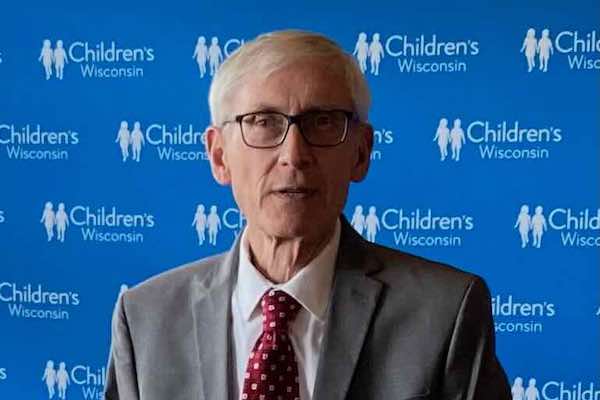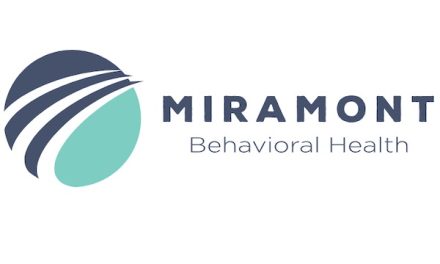
Evers signs off on state’s 2023-25 budget

Editor’s note: This story has been updated with comment from Assembly Speaker Robin Vos, R-Rochester, as well as additional information on a lawsuit enjoining the Department of Health Services from enforcing Medicaid exclusions for gender-affirming care.
Gov. Tony Evers on Wednesday signed into law the state’s 2023-25 budget, leaving intact its Medicaid rate increases and using his veto authority to strike a proposal barring Medicaid coverage of gender-affirming care.
The governor said he was vetoing the provisions because they perpetuate “hateful, discriminatory and anti-LGBTQ policies and rhetoric.”
“Gender-affirming care for transgender and gender nonconforming people with gender dysphoria is recognized as the standard treatment by most major medical associations,” Evers wrote in his veto message. “Reducing access to gender-affirming care would only magnify the inequities in health outcomes already faced by the LGBTQ community.”
Assembly Speaker Robin Vos, R-Rochester, said that Medicaid “should not be funding” gender-affirming care and that doing so reduces the dollars available for other services.
A 2019 court decision blocked the Department of Health Services from enforcing coverage exclusions for gender-affirming care.
Evers also cut proposed additional reporting requirements for both Family Care managed care organizations and the Medical College of Wisconsin’s psychiatric and behavioral health residency program.
He tweaked other health-related provisions in the spending plan to provide additional funding for the state’s newborn screening program and to expand a study of the state-run nursing home for veterans at King to include other veterans homes.
The budget boosts Medicaid rates for hospitals by $236 million in state and federal funds. It provides nursing homes with $146.4 million more for support services, like housekeeping, maintenance and dietary staff, and directs DHS to implement a new payment system for those services.
The budget increases Medicaid rates for primary care services, emergency doctors and chiropractic services by $149 million. It continues through June 2025 a 5 percent rate increase for home and community-based services that was set to expire next year after federal COVID-19 relief dollars run out. And it increases the direct care and services portion of Family Care capitation rate by $38.4 million.
In his veto message, Evers said Wisconsin started the biennial budget process in the strongest fiscal position it’s ever been, but the spending plan sent to him by the Legislature doesn’t include key priority areas like BadgerCare expansion, expanded paid family leave, marijuana legalization and tax relief for caregivers.
“This budget, while now improved through strategic vetoes, remains imperfect and incomplete,” he wrote.
The Legislature should take a “second chance” in the coming months on proposals like expanding paid family leave and investing in high-speed internet, he said.
This article first appeared in the Wisconsin Health News daily email newsletter. Sign up for your free trial here.





